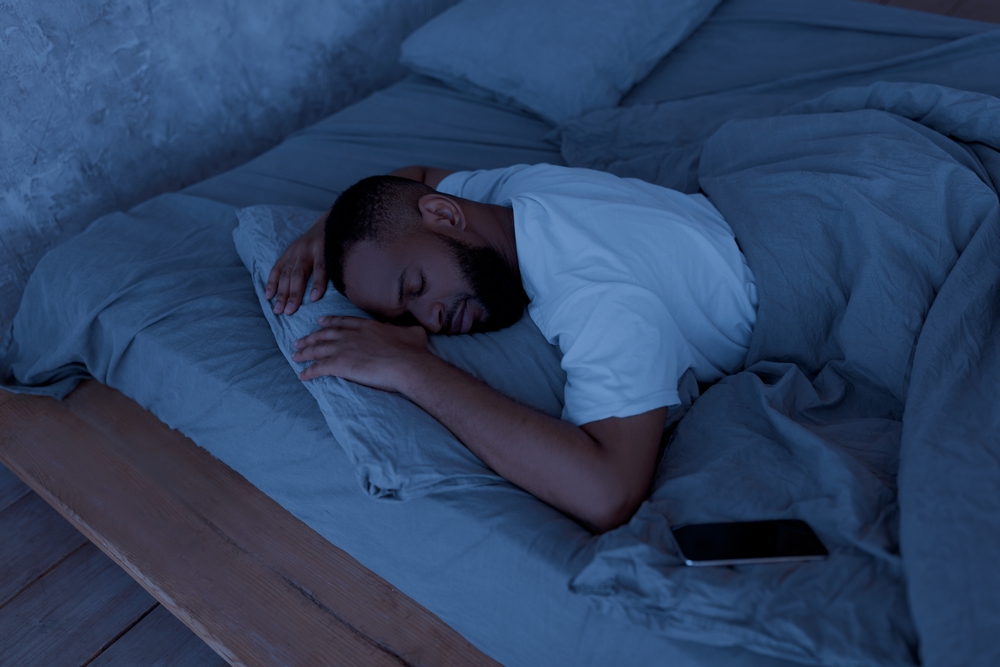Quality sleep serves as the foundation for our daily performance, affecting everything from cognitive function to emotional well-being. While many people struggle to achieve restful sleep, the solution often lies in understanding how common evening activities impact our ability to fall and stay asleep.
Understanding sleep disruption
The hours leading up to bedtime play a crucial role in sleep quality. Many standard evening activities, though seemingly relaxing, can actually interfere with the body‘s natural sleep-wake cycle, known as the circadian rhythm. Medical experts emphasize the importance of creating an environment and routine that promotes natural drowsiness.
Common evening activities to avoid
Engaging with thrilling content While reading before bed often gets recommended as a calming activity, the choice of material matters significantly. Suspense novels and thriller stories stimulate the brain, triggering the release of stress hormones like cortisol and adrenaline. These hormones naturally increase heart rate and mental alertness – precisely the opposite of what the body needs for sleep preparation.
Medical professionals suggest choosing lighter reading material, such as non-fiction, gentle fiction, or poetry. These alternatives can help calm the mind without triggering the stress response that makes falling asleep difficult.
Late-night digital engagement The relationship between screen time and sleep proves particularly problematic. Computer screens, tablets, and smartphones emit blue light, which the brain interprets as daylight. This interpretation disrupts the natural production of melatonin, the hormone responsible for regulating sleep cycles.
Sleep specialists recommend avoiding all screen-based activities for at least 30 minutes before bedtime. If computer use becomes necessary, experts suggest using blue light filtering software or glasses designed to minimize the impact on circadian rhythms.
Timing of evening bathing While many people consider a hot bath relaxing, the timing of this activity significantly affects sleep quality. Hot water raises body temperature, which contradicts the natural cooling process the body requires for sleep initiation. Research indicates that core body temperature needs to drop slightly to trigger proper sleep onset.
For optimal sleep preparation, schedule hot baths or showers at least 60 minutes before bedtime. This timing allows the body to complete its natural cooling process, promoting easier sleep onset.
Television viewing habits Despite feeling like a passive activity, watching television actively engages the brain through both visual and auditory stimulation. The constant changes in light intensity, combined with engaging content, can keep the mind alert when it should be winding down.
Additionally, many people watch television in bed, which sleep experts strongly discourage. This habit can create an association between the bed and wakefulness, making it harder to fall asleep even on nights without TV viewing.
Evening alcohol consumption The relationship between alcohol and sleep proves more complex than many realize. While alcohol might initially induce drowsiness, it often leads to disrupted sleep patterns later in the night. Even moderate amounts can cause middle-of-the-night awakening and reduce overall sleep quality.
Medical professionals recommend limiting alcohol consumption to one glass of wine or equivalent, finishing at least two hours before bedtime. This timing allows the body to metabolize the alcohol before sleep onset.
Creating a sleep-promoting environment
Beyond avoiding disruptive activities, creating the right environment for sleep makes a significant difference. Consider these aspects:
Room temperature Maintaining a cool room temperature between 60-67 degrees Fahrenheit helps support the body’s natural temperature regulation for sleep.
Lighting considerations Dimming lights in the evening hours signals to the body that sleep time approaches. Consider using warm, low-wattage bulbs in bedside lamps.
Sound management White noise machines or gentle nature sounds can help mask disruptive environmental noise without overstimulating the brain.
Establishing a beneficial routine
Developing a consistent evening routine signals to your body that sleep approaches. Consider activities like:
Gentle stretching Light yoga or basic stretching can help release physical tension without raising body temperature significantly.
Mindful breathing Simple breathing exercises can activate the parasympathetic nervous system, promoting relaxation.
Journaling Writing down thoughts or making lists for the next day can help clear the mind of racing thoughts that might interfere with sleep.
Note: While these guidelines work for many people, individual sleep needs may vary. Consult healthcare providers for personalized advice about sleep concerns.












